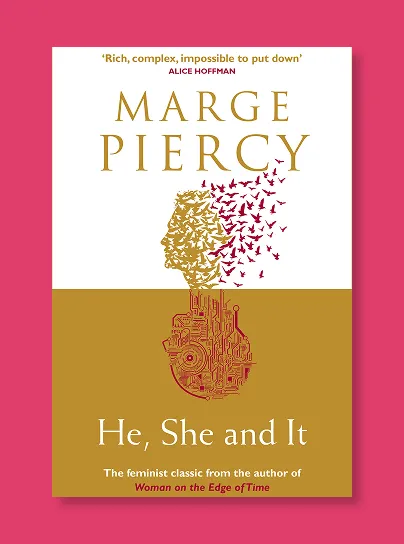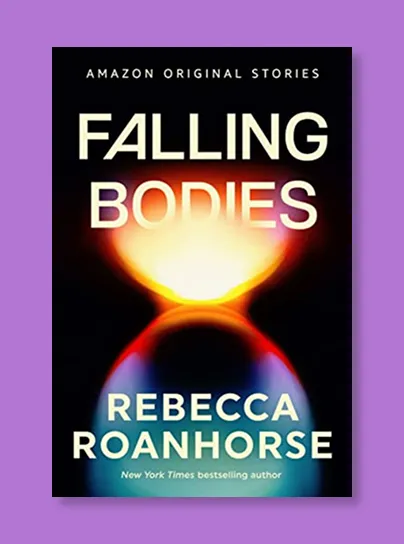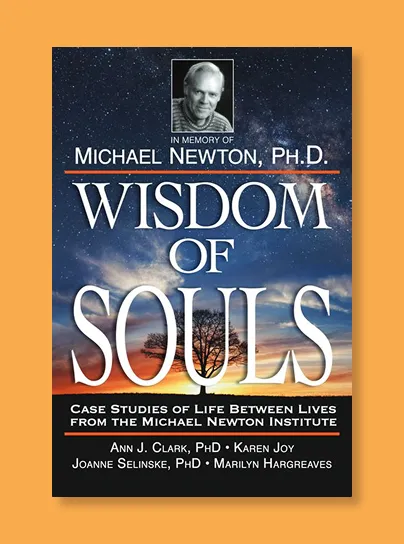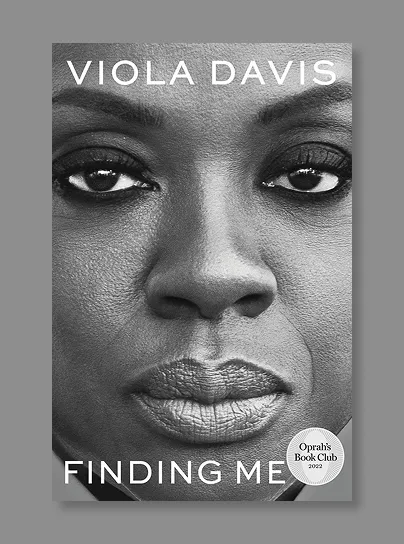
He, She and It
Solid science fiction, this story is set in just-barely-post-apocalyptic America when most people live underground, real food is only for the upper echelons, and most of the commerce and culture is in and around escapist, extreme software programs called stimmies and virons.
Vat food grown in vast algae factories was what most people lived on. It came with many labels and in a variety of colors and flavorings, but it all had a similar texture in the mouth.
Shira always imagined she could taste the seaweed under the chemicals that gave it the name strawberry or chicken or refried beans. But food had ceased to be a private matter before she had been born. She had read about people who were passionate about their choice of one cuisine or type of nutrition over another.
Now people ate what was available in their enclave or their barrio or their town.
The book was written by a Jewish woman who, I’ve learned, often centers her writing around Jewish characters and faith. The two main characters of this story are a gifted lady scientist and a very sophisticated robot dude. The robot dude is the 10th iteration of robot dudes. His name is the 10th letter of the Hebrew alphabet, Yod.
Perhaps she has chosen midwifery because it puts her in the direct service of women who are doing the work women are supposed to do. They are the soldiers of the flesh. She cares for them, but she declines to serve in that army of procreation and daily reclamation every woman is raised to join.
She put in her brief time, and she resigned. No man seems to understand that in offering marriage, he is asking her to cut off her head. How could she bear and raise children, run a household and also engage in intellectual labor, scholarship, religious thought? The needs of the family crowd out the more quiet, delicate needs of the intellect.
Daily her midwifery reminds her, lest she forget. She will not be thrust back into that hot noisy place to live, not for the love of anyone.
Faith plays an interesting role in the book in two ways. First is that Yod is more than a robot. He’s a person. We know that Yod is a person because, among many other things, he partakes in religious observation - and not in a robot kind of way.
The second is the way the author tells two stories at once. While she is telling us the tale of Yod and Shira, she is also telling us the tale of the golem made by the Maharal of Prague, Rabbi Judah Loew. The stories of the cyborg and the golem have many parallels.
The public debate is held on a Sunday before a large crowd. What Judah has to do is try for a tie in front of a hostile and rabid audience. This is exactly what he achieves, by a fingernail’s grace, counterpunching, attacking, but always breaking off the assault before victory.
It is a long dance in the sun of the crowded square, a dance of swords and fire. A dance that becomes ever more technical, so that the crowd begins to dwindle as the Maharal coaxes Thaddeus from the perch of rhetoric into the gnarly labyrinth of philosophy, theory, quotation, arguments about translations.
Thaddeus is seduced into quarrels about ever finer details propped by quotations and petty distinctions. By the time he pulls free, the time agreed upon is over. No one has won, and Thaddeus is furious, for too late he recognizes the Maharal’s strategy—to entice him into technical arguments boring to a crowd that longs for blood, to entice him into academic argument that treats the Maharal as an equal rather than as Satan personified. The crowd came for a tournament and witnessed a seminar.
I chose this book, by an author I’d never heard of, because I found it on list of feminist science-fiction writers.
I know now that she isn’t just a feminist, she’s also an environmentalist, Marxist, socialist, and anti-war activist who’s been writing books since 1968.
I will read another of her books, but there are a couple of scenes in this one (in my opinion only) that were heavy-handed. One scene bordered on cringe, and the other felt inauthentic.
The end, which was the only possible outcome, hit me hard and made me sad.
Although I’d like to, I can’t say anything more about that lest I spoil the story.
He is a vessel through which the passion for what he holds as truth roars in torrents.



